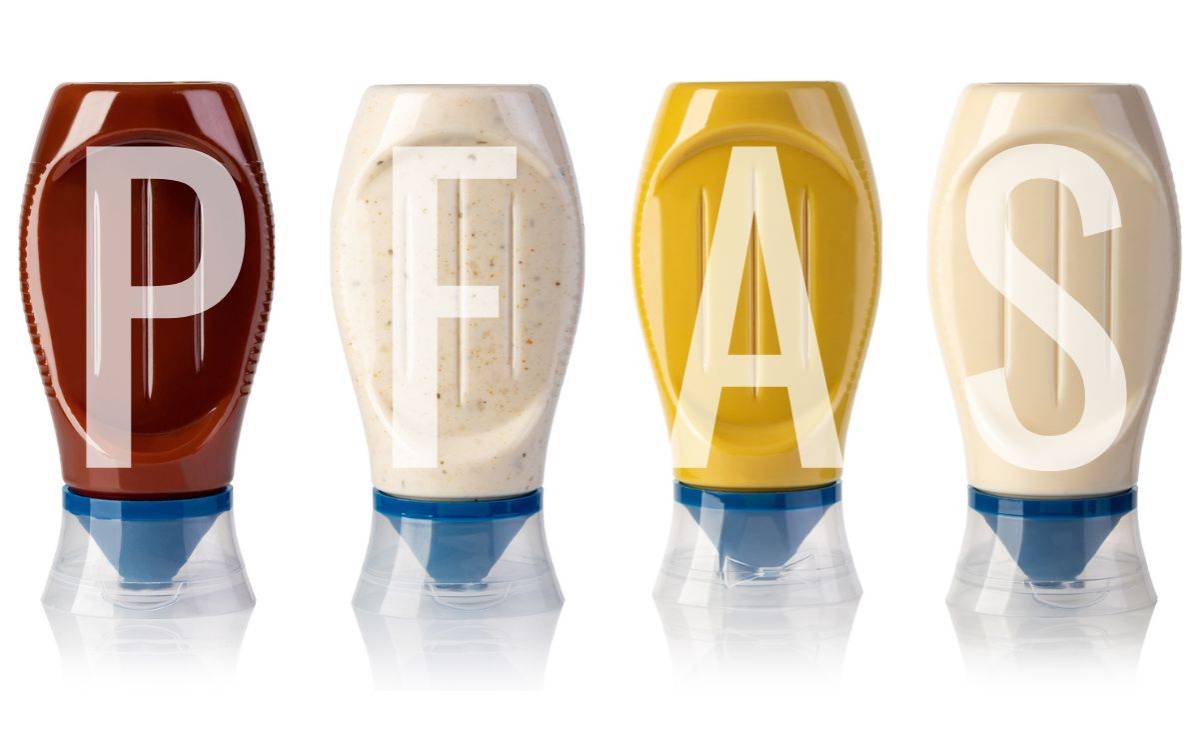US: new lawsuit targets PFAS in plastic containers for food
The Public Employees for Environmental Responsibility (PEER) and the Center for Environmental Health (CEH) sued in federal court Inhance Technologies, a US-based company that produces plastic packaging used for a range of purposes, from food containers to cleaning products.
The charge alleges that the company is operating in violation of the Toxic Substances Control Act by using toxic “forever chemicals” (PFAS, polyfluoroalkyl compounds) in its production process. EPA regulation, implemented in 2020, requires companies that produce long-chain PFAS to undergo safety review and approval. According to the accusers, Inhance has continued to treat plastic containers and to produce PFAS as a byproduct, neglecting that requirement. The groups also accuse regulators who have known about the potential health threat since early 2021 but have failed to eliminate it.
The lawsuit references soon-to-be-published research that found PFAS from HDPE (high-density polyethylene) plastic containers are leached at extremely high levels into products such as ketchup, mayonnaise, and olive oil. Heather Whitehead, one of the authors of the study, said they found two PFAS compounds leached at levels millions of times above the EPA advisory limits for drinking water. Products leach more PFAS as they remain in the container, she added.
Going back in time, the EPA filed a lawsuit against Inhance on December 21 of last year. The suit was heavily redacted to conceal any mention of the company’s PFAS production because the agency cannot reveal confidential business practices. Subsequently, in January 2021, the EPA subpoenaed Inhance for information about its trial. In July 2021, The Guardian reported on the use of PFAS in industrial containers that contain food ingredients, essential oils and other products. The FDA told the Guardian it was waiting on the EPA for more information about whether PFAS could leach into food. In March 2022, the EPA issued a violation notice ordering Inhance to immediately cease production if it did not eliminate the PFAS contamination. Inhance did not respond until September, saying it would have its process reviewed, but refused to cease production. Still, the EPA did not file a suit or alert the public about the possible danger.
The consumer groups behind the lawsuit became worried that contaminated bottles were being widely distributed throughout the US. In July 2022, container testing began. Once the lawsuit was filed, the EPA filed its own suit 56 days later.
The FDA wrote in a December letter to Public Employees for Environmental Responsibility there was no evidence food was being stored in containers produced by Inhance. However, it is necessary to underline that the FDA is not testing plastic food packaging for PFAS.
In Europe, EFSA had revised its position regarding these contaminants at the request of the EU Commission, updating the risk assessment of PFOS and PFOA, then extending it also to PFNA and PFHxS. These substances, according to data analyzed by EFSA, are dangerous especially for development, the low birth weight of children but also for the liver and immune system. The European Commission has taken a step forward to protect the EU citizens from the presence of these contaminants in food as, starting from 1 January 2023, new rules will come into force to limit the levels of four perfluoroalkylated substances in food.
Sources:
https://fingfx.thomsonreuters.com/gfx/legaldocs/gdpzqqgdrvw/INHANCE%20lawsuit.pdf
https://www.epa.gov/pfas/pfas-explained






















